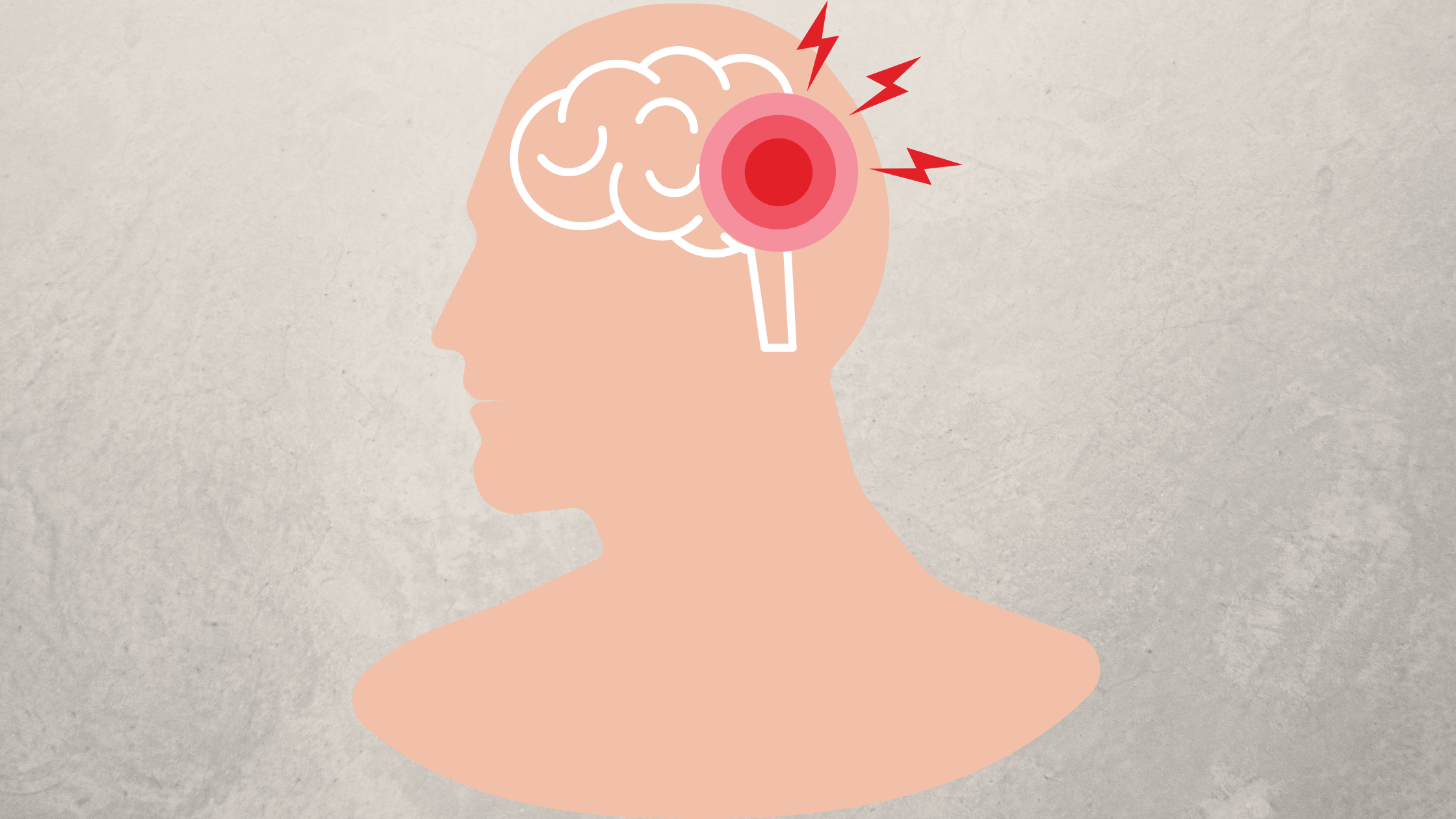
Sleep is a fundamental aspect of human health, playing a vital role in various physiological processes, including brain function. Emerging research highlights the significant impact of sleep on neurological health, suggesting that poor sleep can increase the risk of developing various neurological conditions. In this blog post, we will explore how sleep influences neurological health and the importance of good sleep hygiene in reducing the risk of neurological disorders.
The Importance of Sleep for Brain Health
Sleep is not merely a time of rest; it is a highly active period for the brain, involved in processes critical for cognitive functioning and overall brain health. Key activities during sleep include:
- Memory Consolidation: Sleep helps consolidate and integrate memories, enhancing learning and memory retention.
- Toxin Clearance: During sleep, the brain clears out metabolic waste products, including beta-amyloid, a protein linked to Alzheimer's disease.
- Synaptic Homeostasis: Sleep helps maintain synaptic plasticity, ensuring optimal communication between neurons.
- Emotional Regulation: Adequate sleep is essential for managing emotions and stress.
The Link Between Sleep and Neurological Conditions
Alzheimer's Disease and Dementia
Alzheimer's disease, the most common form of dementia, is characterized by the accumulation of beta-amyloid plaques and tau tangles in the brain. Research indicates that sleep deprivation disrupts the clearance of beta-amyloid, leading to its accumulation and increasing the risk of Alzheimer's disease. Studies have shown that individuals with poor sleep quality or sleep disorders, such as sleep apnea, are at a higher risk of developing Alzheimer's and other forms of dementia.
Parkinson's Disease
Parkinson's disease is a neurodegenerative disorder affecting movement and is linked to the loss of dopamine-producing neurons. Sleep disturbances are common in Parkinson's patients and can precede the onset of motor symptoms. Disrupted sleep may contribute to the progression of Parkinson's disease by impairing brain repair mechanisms and exacerbating neuroinflammation.
Stroke
Sleep disorders, particularly obstructive sleep apnea (OSA), are associated with an increased risk of stroke. OSA leads to intermittent hypoxia (reduced oxygen levels) during sleep, which can cause oxidative stress, inflammation, and damage to blood vessels, raising the risk of stroke. Additionally, poor sleep can contribute to hypertension, a significant risk factor for stroke.
Multiple Sclerosis (MS)
Multiple Sclerosis is an autoimmune disorder affecting the central nervous system, leading to demyelination and neurodegeneration. Sleep disturbances, including insomnia and restless legs syndrome, are prevalent in MS patients and can worsen fatigue, cognitive impairment, and overall quality of life. Poor sleep may also exacerbate inflammatory processes involved in MS progression.
Epilepsy
Epilepsy is characterized by recurrent seizures and can be influenced by sleep patterns. Sleep deprivation and irregular sleep schedules can trigger seizures in individuals with epilepsy. Moreover, certain sleep disorders, such as OSA, can worsen seizure frequency and severity.
Strategies for Improving Sleep and Reducing Neurological Risks
Establish a Regular Sleep Schedule
Going to bed and waking up at the same time every day helps regulate the body's internal clock, promoting better sleep quality and duration.
Create a Sleep-Conducive Environment
Ensure your bedroom is cool, dark, and quiet. Investing in a comfortable mattress and pillows can also enhance sleep quality.
Limit Exposure to Screens Before Bedtime
Blue light from screens can interfere with the production of melatonin, a hormone that regulates sleep. Limiting screen time before bed can help improve sleep onset and quality.
Manage Stress and Anxiety
Stress and anxiety can significantly impact sleep. Techniques such as mindfulness, meditation, and deep-breathing exercises can help manage stress levels and promote relaxation.
Avoid Stimulants and Heavy Meals Before Bed
Caffeine, nicotine, and heavy meals close to bedtime can disrupt sleep. Opt for light snacks if you're hungry before bed and avoid stimulants in the evening.
Seek Treatment for Sleep Disorders
If you suspect you have a sleep disorder, such as sleep apnea or insomnia, seek medical advice. Treatment options, including CPAP therapy for OSA or cognitive-behavioral therapy for insomnia, can significantly improve sleep quality and overall health.
Conclusion
Sleep is a cornerstone of neurological health, playing a critical role in maintaining cognitive function, emotional well-being, and brain repair processes. Poor sleep and sleep disorders can significantly increase the risk of developing various neurological conditions, including Alzheimer's disease, Parkinson's disease, stroke, multiple sclerosis, and epilepsy. By prioritizing good sleep hygiene and seeking appropriate treatment for sleep disorders, we can reduce the risk of these conditions and enhance our overall quality of life. Remember, a good night's sleep is not just a luxury but a necessity for a healthy brain and body.
If you, or someone you know, struggles with getting a good night's sleep, then please click the orange button below to take a free online sleep test and talk with one of our sleep health professionals.

